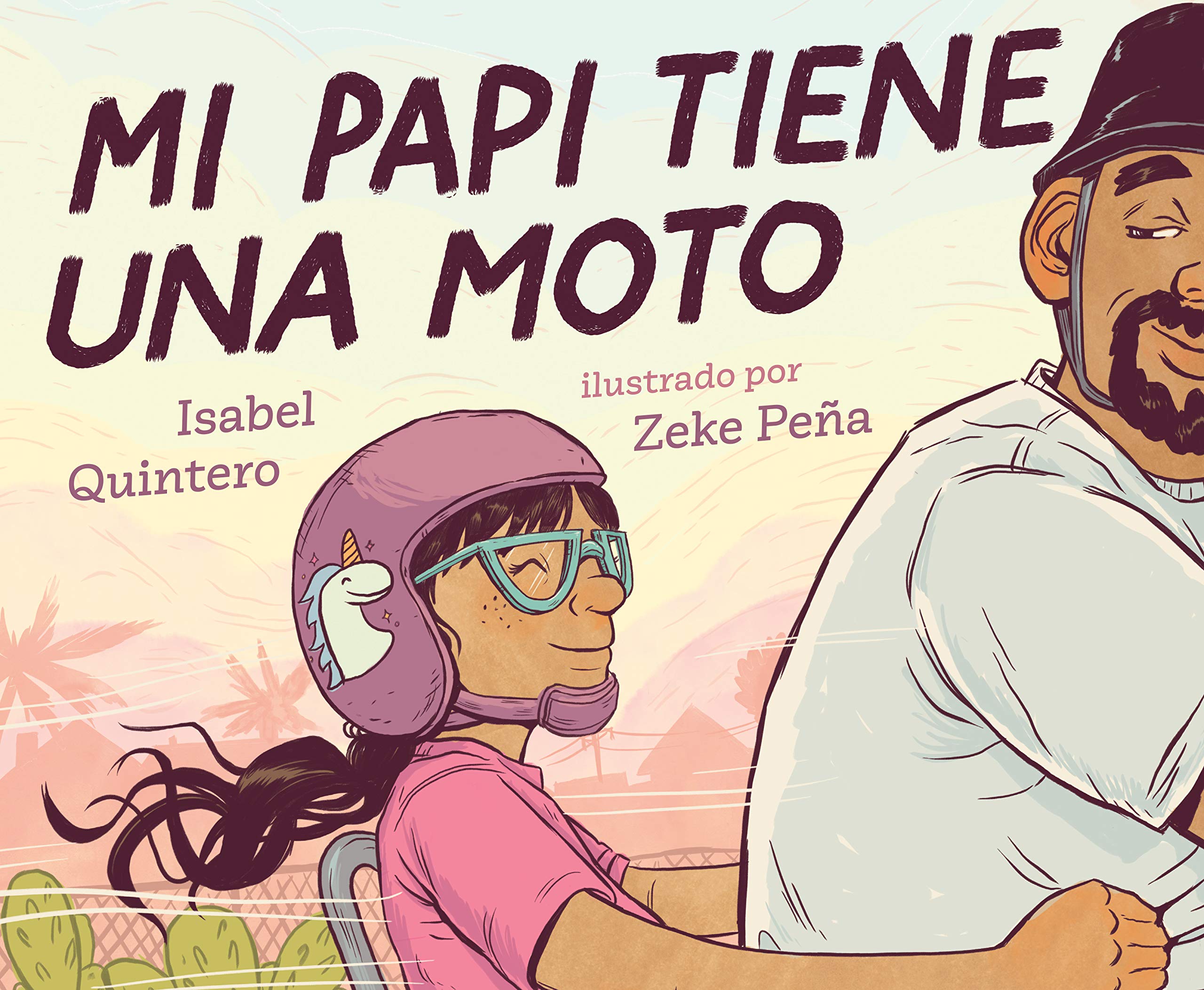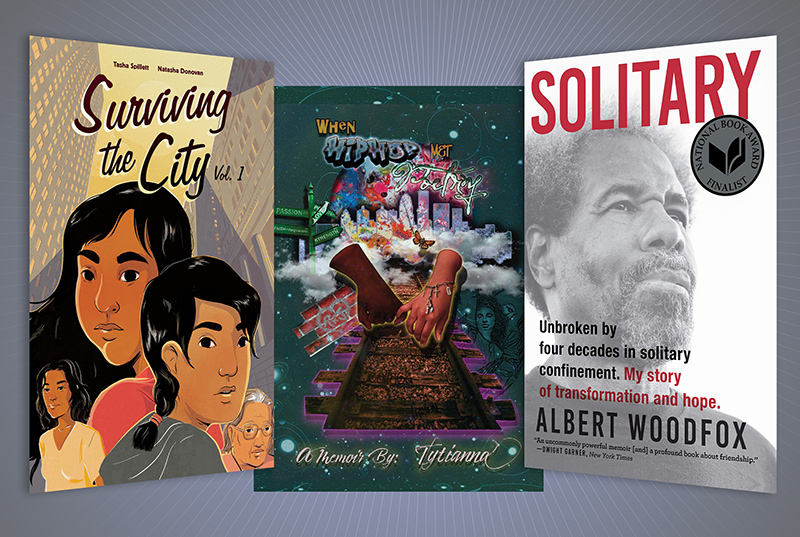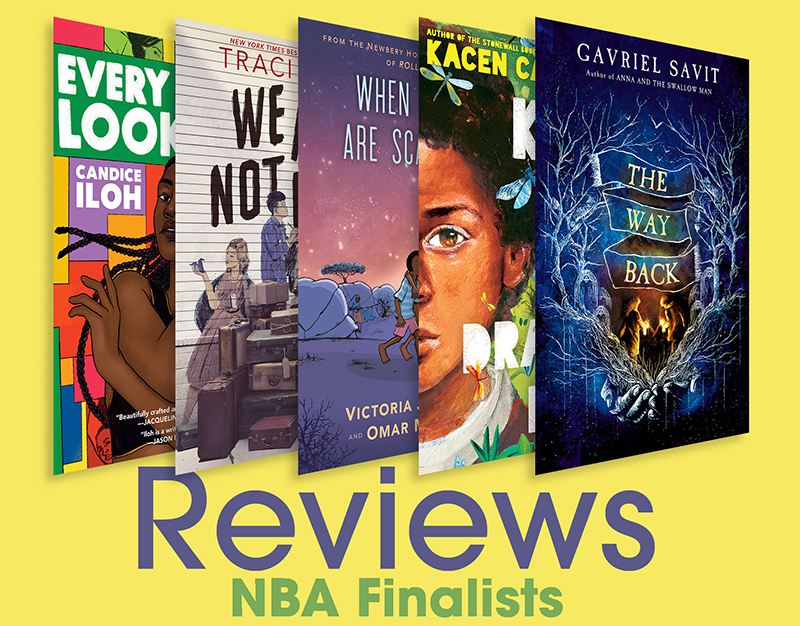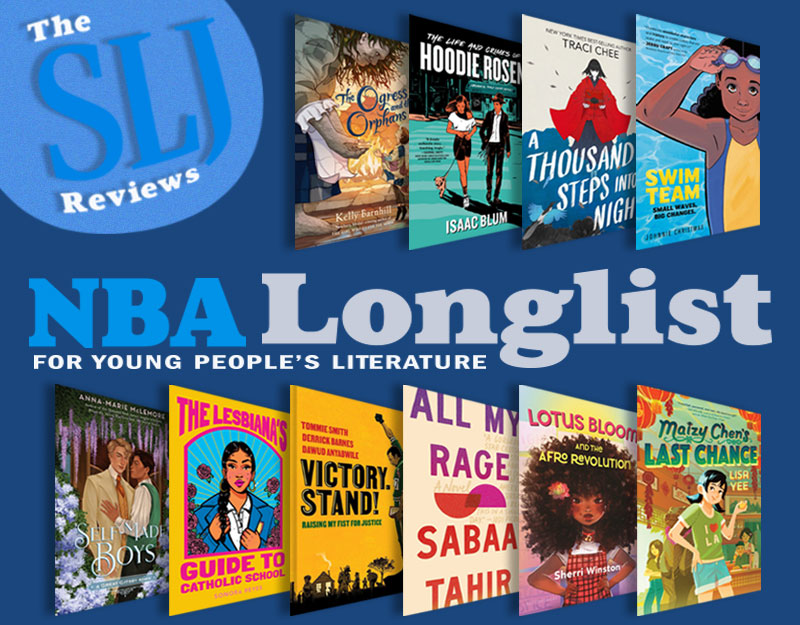Intertextuality
I still haven’t read A TALE DARK AND GRIMM (waiting for it at the bookstore) so am refraining from chiming in at this point, but am finding the discussion fascinating. I browsed back through past Newbery winners and honors to see what other recognized titles had references to other (noneligible) texts. I didn’t have to look that far. The past 12 years of awards show an interesting variety of intextuality.
Jonathan mentioned 2010’s WHERE THE MOUNTAIN MEETS THE MOON and Lin’s retelling of Chinese folktale elements. This cleary falls under the definition for “original work” as outlined in the award definitions:
ADVERTISEMENT
ADVERTISEMENT
- “Original work” means that the text was created by this writer and no one else. It may include original retellings of traditional literature, provided the words are the author’s own.
2009’s THE GRAVEYARD BOOK pays homage in structure and arc to Kipling’s JUNGLE BOOK…yet its distinguished elements still work for readers who don’t pick up on the reference. Similarly, 2008’s honor THE WEDNESDAY WARS is thick with references and parallels to Shakespearean text, though they’re always ancilliary to the main drive of the book. Readers unfamiliar with the referred texts can enjoy each of these books and recognize them as distinguished. I think, however, that they are more distinguished when these extra layers are recognized.
The 2001 Newbery committee honored two sequels: A YEAR DOWN YONDER, and JOEY PIGZA SWALLOWED THE KEY. Both stories “stand alone” in plot arc, but cleary refer to previously developed characters. I wish I’d been able to hear that committee discuss the issue of sequel prejudice…
And 1998s ELLA ENCHANTED’s humor depends on knowledge of the fairytale to which it refers. Sure, it’s one that we assume is in “common knowledge,” but why should that make a difference? The book can be read and enjoyed without knowledge of the Cinderella tale, but I’m not sure that it would be considered distinguished without that knowledge. What do you think?
Filed under: Uncategorized
About Nina Lindsay
Nina Lindsay is the Children's Services Coordinator at the Oakland Public Library, CA. She chaired the 2008 Newbery Committee, and served on the 2004 and 1998 committees. You can reach her at ninalindsay@gmail.com
ADVERTISEMENT
ADVERTISEMENT
SLJ Blog Network
Notes on August 2024
Batchelder Guest Post: Mildred L. Batchelder and the International Youth Library: Part II – “Endless” Correspondence
Graphix to Publish Two Azuki Manga | News
Navigating the High School and Academic Library Policy Landscape Around Dual Enrollment Students
Take Five: 2024 Middle Grade Books by Minnesota Authors
ADVERTISEMENT








And don’t forget the 2006 Newbery Honor book WHITTINGTON which, like WHERE THE MOUNTAIN MEETS THE MOON, incorporates original folklore retellings into the plot. I think both of these books make good comparisons for A TALE DARK AND GRIMM.
Are Hansel and Gretel the main characters of A TALE DARK AND GRIMM? I read the first chapter online . . . I actually loved the narrator. But can’t get over the discussion that’s being had about the criteria. Of the other books that have been mentioned, did any of them include main characters that were NOT the author’s creation? WHERE THE MOUNTAIN MEETS THE MOON? THE GRAVEYARD BOOK? At leas Bod was Gaiman’s own creation. Sure there were similarities to Mowgli but Gidwitz’s main characters aren’t even truly his own!
After reading chapter one, I know this is a book I’m going to enjoy. Probably even love. That’s easy. Following along with this discussion just makes me wonder where it fits in the parameters of the Newbery criteria.
Actually, Joey Pigza Swallowed the Key is the first book in that series. I also haven’t been able to read A Tale Dark and Grimm yet – none of our libraries in this area have it yet, so I can’t comment on how it compares with the others you’ve mentioned. As for A Year Down Yonder, I think Peck developed the characters just as much in the sequel as in A Long Way from Chicago. For one, he switched narrators to the granddaughter, as opposed to the grandson. So, we learn a lot about Mary Alice in the sequel, and of course, Grandma Dowdel. I think it stands alone in all respects and is “distinguished” without necessitating that one read A Long Way from Chicago to see its beauty.
Mr. H, I’m not understanding why you interpret the criteria to disallow a main character who’s appeared in other works. (I read your previous comment about this but didn’t really understand.) Gidwitz’s main characters might not be “truly his own” in some ways, but neither was Abraham Lincoln Freedman’s creation, or Romeo and Juliet Shakespeare’s, if we’re going to talk about originality in that way.
Nina, I think the “common knowledge” aspect is key. It SHOULD make a difference if we can assume something is common knowledge (though, of course, there are many people who are exceptions to anything that is supposed to be common knowledge. Every book is full of things that are not explained because the author assumes they are common knowledge; sometimes the reader will not understand. The question is, as you say, whether that’s integral to the book’s level of distinction. I mean, it was YEARS before I really understood parts of Mixed-Up Files about trains and subways and buses, because I simply had no concept of how New York City and its outlying suburbs functioned. Konigsburg wrote as if all this was common knowledge, didn’t she? Thank goodness the committee didn’t let “might not be universally understood” hold it back…
I could dig up examples of how other bits of literature have been used in Newbery books all day, but for me this question is pretty simple: sure, it’s more awesome when you know all the background, but is still awesome when you don’t? An Arthur enthusiast might claim that you can’t understand or enjoy the Dark is Rising books without knowing Arthurian legend. A reader who doesn’t know those legends would say not having that background doesn’t matter.
I don’t think anyone has mentioned yet that this very same battle raged last year between people who said When You Reach Me was only good if you read A Wrinkle in Time first and those of us who scratched our heads and wondered why it mattered.
I, too, don’t see a problem with Gidwitz’s characters of Hansel and Gretel being based on previously incarnated ones. Just like I don’t have a problem with Ryan’s Neftali Reyes/Pablo Neruda or Preus’s Manjiro (from HEART OF A SAMURAI which we’ve yet to mention here).
JOEY PIGZA SWALLOWED THE KEY was not a Newbery Honor. However the second book in the series, JOEY PIGZA LOSES CONTROL, did receive a Newbery Honor.
Does Ella Enchanted really require knowledge of Cinderella to be distinguished? When I was first reading it (at age 13 or 14) I did not realize that it was a Cinderella retelling until the glass slipper… what, three quarters of the way through the book? By which point, I really didn’t care that it was a Cinderella retelling, I cared that Ella and Char were AWESOME. And ogres and spunkiness and spitefulness and cleverness… man, I love/loved that book.
And yes, not realizing was spectacularly dense of me, but I loved the book all the more for it. I loved that it did so much and was so much its own thing that I could be so swept up in it not to notice.
Kids will get the references they get and other things will go over their heads, it’s only if the reader *feels* like they’re missing something that it’s a problem. If they don’t know they’re missing something and love the book anyway that is just fine.
Miriam says “it’s only if the reader *feels* like they’re missing something that it’s a problem.” Readers need to take ownership of the problem rather than simply pretending it’s the author’s fault. Is it Adam Gidwitz’s fault that you feel clueless? No. Is it Laurie Halse Anderson’s fault? No. Is it Megan Whalen Turner’s’ fault? No. It’s yours. Own it.
Oh, I think sometimes it’s the author’s fault. Of course, authors do not write books based on the Newbery criteria. If I feel like I’m missing something in Conspiracy of Kings–well, I am; I’m missing the first three books. (Three? Four? Whatever. It’s actually not going that badly.) But I think the truth is that most books in a short series are not meant to be read independently. Why should they be? Thank goodness Susan Cooper didn’t waste time with endless recapping of earlier books like, say, Jean Freaking Auel.
I also think it’s okay if an author simply does not care whether some readers don’t have the requisite background knowledge.
If we say that a book doesn’t have to appeal to every child to win the Newbery, why should we insist that a book has to be able to be completely understood by every child without any prior knowledge?